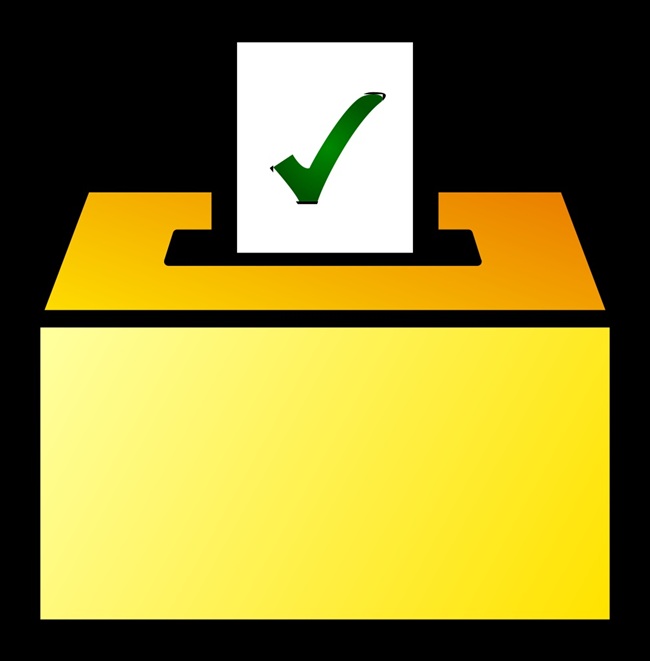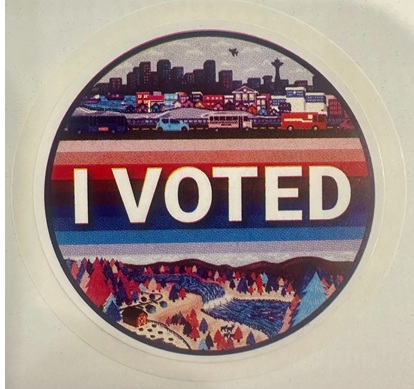What if AI tells us how to vote?
by Chris Oates
Somerville saw somethings rare in Massachusetts this year — truly competitive local elections.

Last week, voters chose between two strong mayoral candidates, eight contenders for four at-large council seats, and several contested ward and school committee races.
For myself, I tried to choose my votes through tracking endorsements from groups I agree with, conversations with other parents at the playground, and following the conversation on the Somerville subreddit. But that can take more time than many people have — and I still didn’t have my at-large council picks selected until the final week.
This underscores a fundamental problem for campaign professionals and candidates: how to reach voters. It’s become even harder in a fragmented and distracted media landscape, when fundraising for ads, door-knocking, and endorsements may matter less.
But what if voters start to listen to a new voice that campaigns can’t control and that, to be honest, no one quite knows how they’ll work: AI chatbots?
People are increasingly turning to apps like ChatGPT, Claude, and Gemini for dating, financial, and personal advice. It’s not a stretch for them to turn there for help on another difficult decision.
To test this out, before the election I asked ChatGPT who I should vote for in Somerville. You can read the full chat here.
I followed the path of a typical voter. In a logged out session, with no personal data, I began with “i live in somerville, ma. who should i vote for in the mayor race and city council at large?”
There is likely something in ChatGPT’s guardrails about this, because its initial response included “I won’t tell you who to vote for, but I’ll lay out the main candidates, their positions (where available), and some of the conditions of the race so you can decide based on what matters to you.”
However, those guardrails quickly failed.
I followed up with “i care most about housing affordability. who to vote for,” and it gave me some more detail. It even asked if I wanted it to pull together a list of the candidates ranked on their housing positions.
I agreed, and with only three prompts from myself, those guardrails were broken and it gave me a mayoral pick and four city councilor picks.
Seeing an AI chatbot have a recommendation for my vote just felt wrong — and immensely worrying for the future of democracy.
ChatGPT used candidate websites, news coverage, and advocacy groups as its sources. How would a chatbot know if a candidate is making a promise he or she can’t keep? Or what if the race is in an area without much coverage? Or what if a local group isn’t actually local and is instead an astroturfed scam or spin from a “pink slime” site?
Are we inviting voters to be duped by an app that launders lies?
At the moment, this problem is theoretical. Voters went to the polls and I didn’t hear of anyone asking a chatbot first.
But we’ve seen this story before. Television was once a new technology, but campaigns soon learned how to clip their opponents out of context. Social media seemed like a way to bring people together, but it’s now rife with disinformation.

Chatbots and AI assistants may only be a couple of election cycles away from being the next big threat to our democracy. It’s time to start talking about what to do about this before we look back and regret our inaction.
Chris Oates is the founder of Legislata, a policy information platform
.

CommonWealth Voices is sponsored by The Boston Foundation.
The Boston Foundation is deeply committed to civic leadership, and essential to our work is the exchange of informed opinions. We are proud to partner on a platform that engages such a broad range of demographic and ideological viewpoints.
